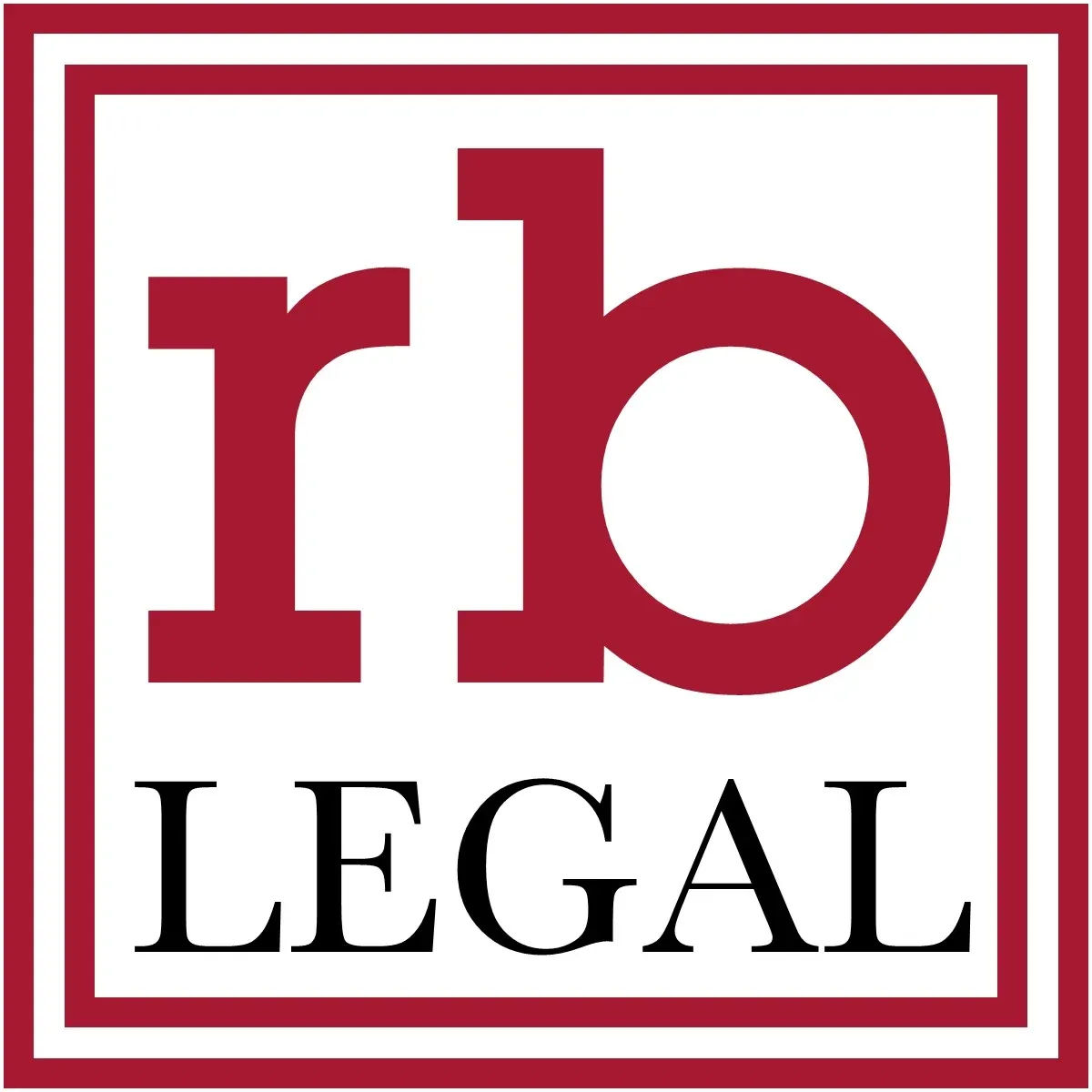Management of estate resources is one of the bigger challenges during estate administration. The executor or personal representative of a Minnesota estate will have certain liabilities, including responsibility for debts if they fail to pay creditors when distributing assets from the estate.
They also need to act carefully to protect the value of estate property, including any real estate that will eventually transfer to new ownership as part of the probate proceedings. The personal representative or executor can use the assets left behind by the deceased to resolve their financial obligations and pay certain bills.
What ongoing bills will the executor pay with estate resources?
Any maintenance-related expenses prior to the property transfer
Maintaining estate resources may involve continuing to pay certain bills. The personal representative of the estate may need to reach out to numerous parties to properly manage the more valuable assets owned by the deceased. For example, there will need to be paperwork filed with the state and with insurance providers.
The personal representative may need to use estate assets to cover expenses like insurance and registration fees if these costs come due before they can transfer a vehicle as part of the probate proceedings. Similar rules will apply to any real property. From taxes and insurance to utility expenses, there are multiple costs the executor may need to cover with estate assets.
They will typically need to very carefully document these expenses and how they used any estate assets. Part of this process will typically involve changing the name on the account from the deceased party’s to the name of the estate or trust managing the resources.
Certain kinds of expenses and payment arrangements may come out of estate assets, while others may require a creditor claim. It is generally necessary to identify unneeded expenses, like cable television or magazine subscriptions, to end them as soon as possible. Costs related to court judgments and certain other recurring bills may require payments from the representative prior to sending notice of estate administration.
It can be difficult for someone with no hands-on experience with probate proceedings to know what obligations they have and to handle them in the appropriate order of priority. Working with an attorney is crucial for those handling estate administration and concerned about fulfilling the financial obligations of the deceased individual.



